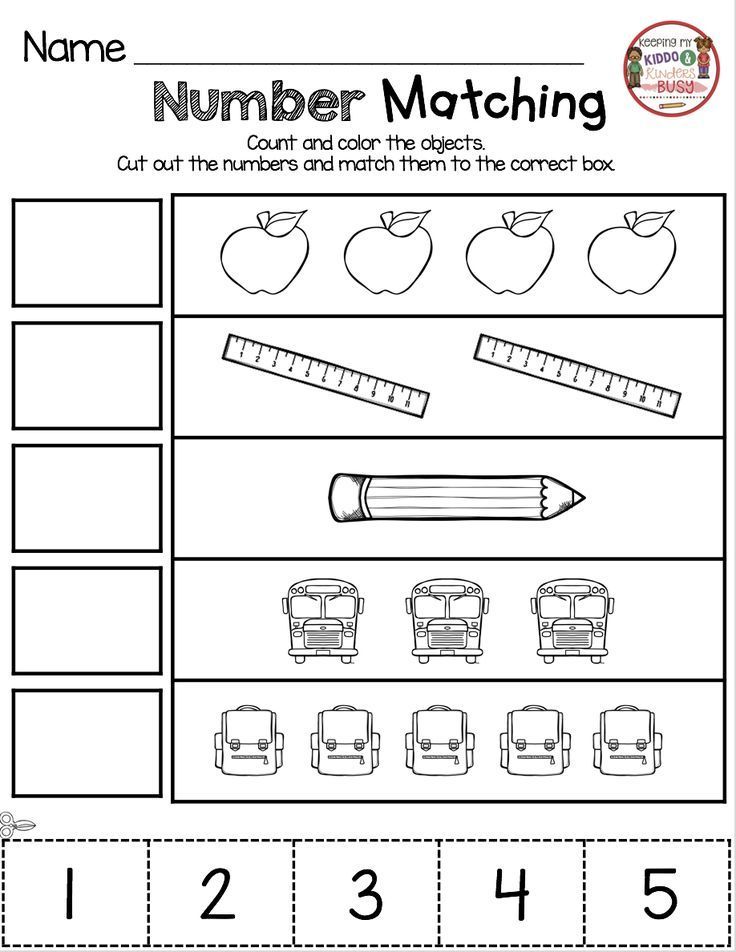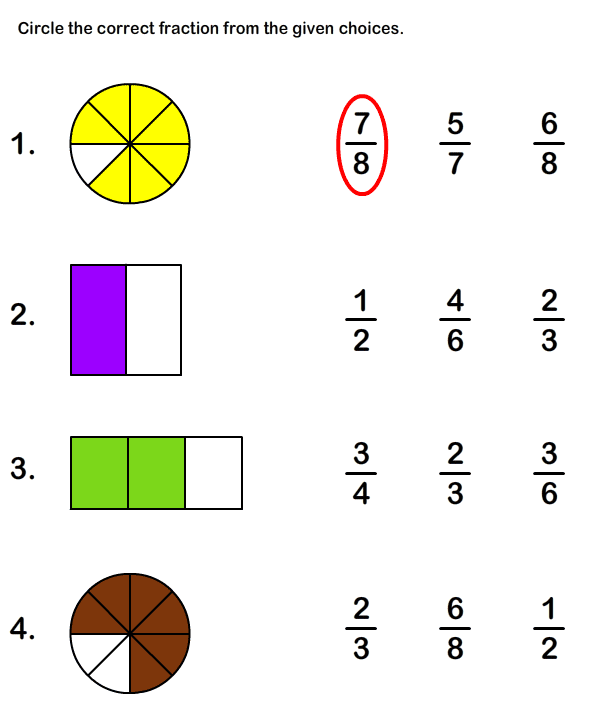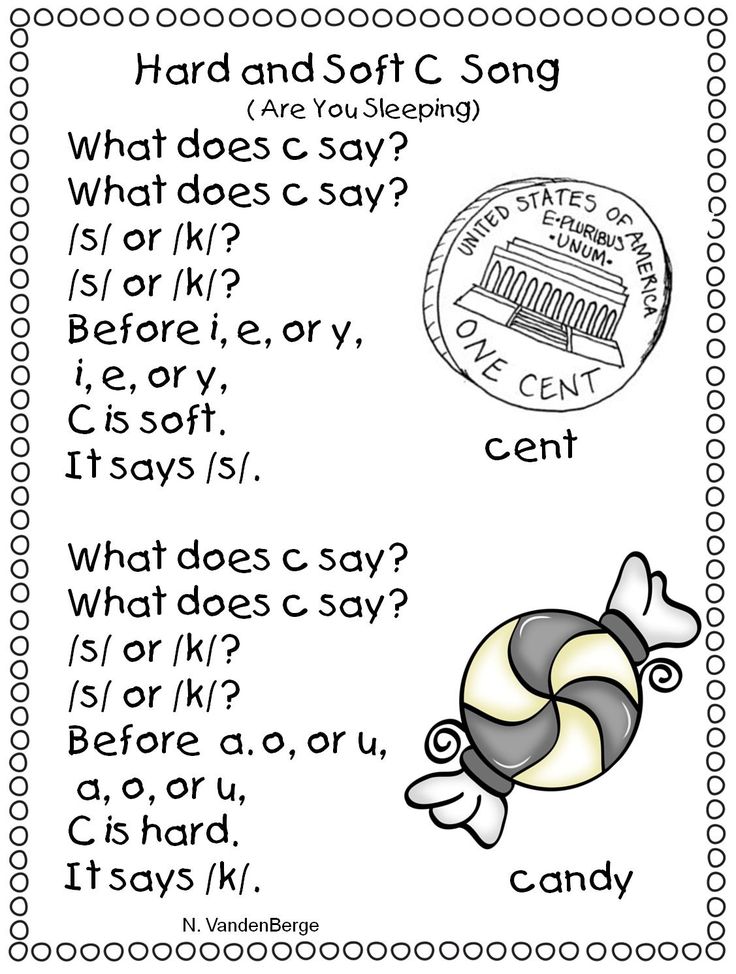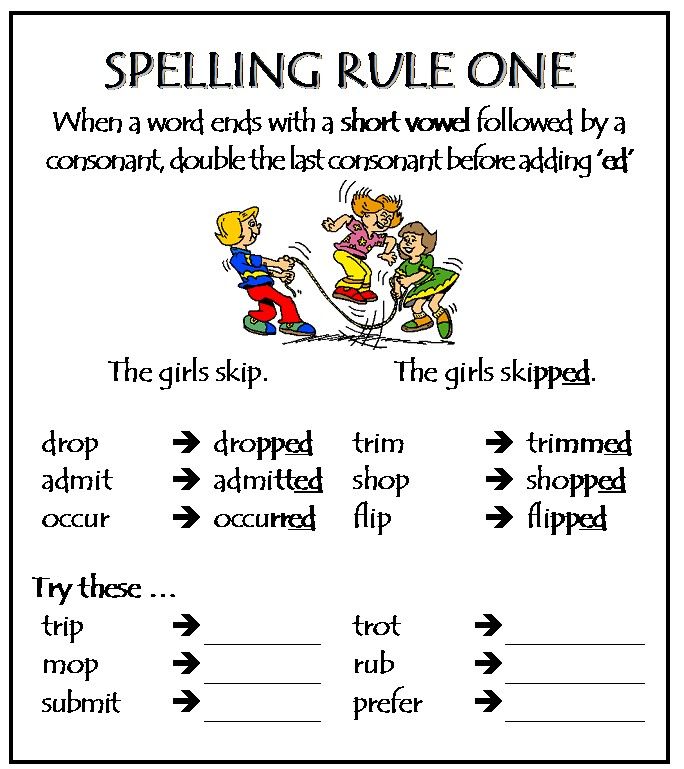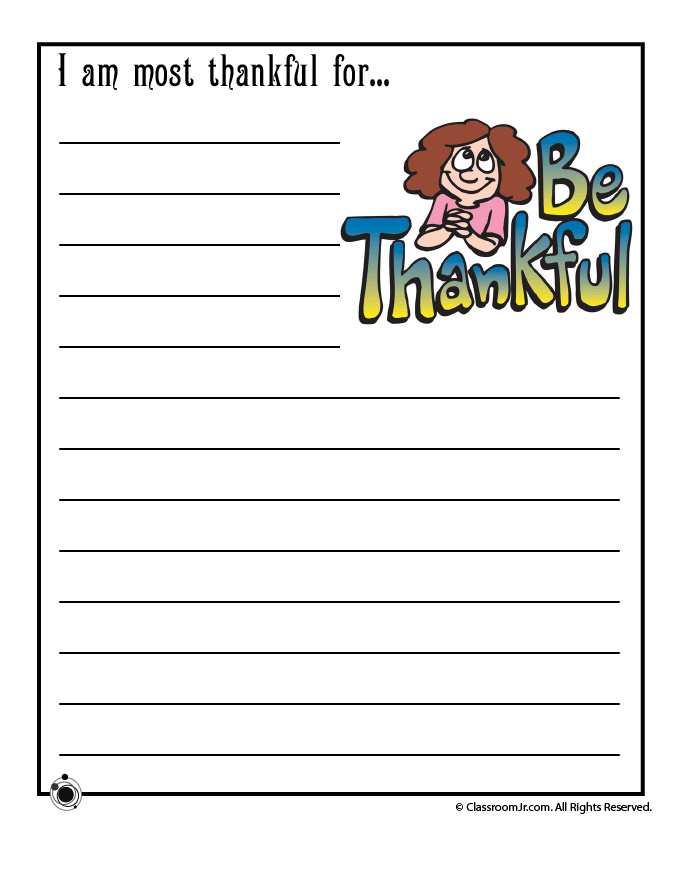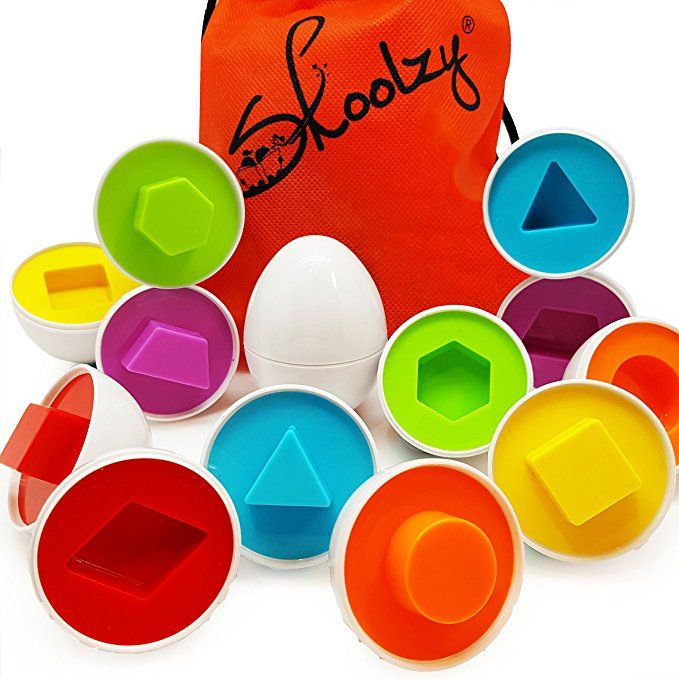Verbs to know
100 Most Common English Verbs List
This is a list of the 100 most common verbs in English. If you are learning English it would be useful to learn these popular verbs first. Click though to see full conjugation tables of each verb.
Irregular verb forms are in red
Remove ads
| No. | Verb | Simple Past | Past Participle | |
|---|---|---|---|---|
| 1 | to be | were | been | Conjugate |
| 2 | to have | had | had | Conjugate |
| 3 | to do | did | done | Conjugate |
| 4 | to say | said | said | Conjugate |
| 5 | to go | went | gone | Conjugate |
| 6 | to get | got | got / gotten | Conjugate |
| 7 | to make | made | made | Conjugate |
| 8 | to know | knew | known | Conjugate |
| 9 | to think | thought | thought | Conjugate |
| 10 | to take | took | taken | Conjugate |
| 11 | to see | saw | seen | Conjugate |
| 12 | to come | came | come | Conjugate |
| 13 | to want | wanted | wanted | Conjugate |
| 14 | to look | looked | looked | Conjugate |
| 15 | to use | used | used | Conjugate |
| 16 | to find | found | found | Conjugate |
| 17 | to give | gave | given | Conjugate |
| 18 | to tell | told | told | Conjugate |
| 19 | to work | worked | worked | Conjugate |
| 20 | to call | called | called | Conjugate |
| 21 | to try | tried | tried | Conjugate |
| 22 | to ask | asked | asked | Conjugate |
| 23 | to need | needed | needed | Conjugate |
| 24 | to feel | felt | felt | Conjugate |
| 25 | to become | became | become | Conjugate |
Popular
- The top irregular verbs you need to know
- 100 Most common English verbs
- Most common nouns
- Vocabulary lists & games
We notice you're using an ad blocker.
Linguasorb is free and ad supported, without ad revenue we can't exist. Certain features such as audio, directly cost us money and so are disabled for ad block users.
Please disable your ad blocker for this site if you wish to use the premium features.
Alternatively you can become a supporter and remove the ads completely.
Top Irregular verbs in English
- Home
- English
- Verbs
- Top Irregular Verbs
Many of the most important verbs in English are irregular in the simple past and past participle forms. Irregular verbs don't follow a set pattern so they have to be learnt individually. The list below shows the most common irregular verbs, with the simple past and participle for each. Click on the verb name to see full conjugation tables.
Irregular forms are in red.
Remove ads
| No. | Verb | Simple Past | Past Participle | |
|---|---|---|---|---|
| 1 | to be | were | been | Conjugate |
| 2 | to have | had | had | Conjugate |
| 3 | to do | did | done | Conjugate |
| 4 | to say | said | said | Conjugate |
| 5 | to go | went | gone | Conjugate |
| 6 | to get | got | got / gotten | Conjugate |
| 7 | to make | made | made | Conjugate |
| 8 | to know | knew | known | Conjugate |
| 9 | to think | thought | thought | Conjugate |
| 10 | to take | took | taken | Conjugate |
| 11 | to see | saw | seen | Conjugate |
| 12 | to come | came | come | Conjugate |
| 13 | to find | found | found | Conjugate |
| 14 | to give | gave | given | Conjugate |
| 15 | to tell | told | told | Conjugate |
| 16 | to feel | felt | felt | Conjugate |
| 17 | to become | became | become | Conjugate |
| 18 | to leave | left | left | Conjugate |
| 19 | to put | put | put | Conjugate |
| 20 | to mean | meant | meant | Conjugate |
| 21 | to keep | kept | kept | Conjugate |
| 22 | to let | let | let | Conjugate |
| 23 | to begin | began | begun | Conjugate |
| 24 | to show | showed | shown | Conjugate |
| 25 | to hear | heard | heard | Conjugate |
Remove ads
Remove ads
Popular
- The top irregular verbs you need to know
- 100 Most common English verbs
- Most common nouns
- Vocabulary lists & games
We notice you're using an ad blocker.
Linguasorb is free and ad supported, without ad revenue we can't exist. Certain features such as audio, directly cost us money and so are disabled for ad block users.
Please disable your ad blocker for this site if you wish to use the premium features.
Alternatively you can become a supporter and remove the ads completely.
13 meanings of the verb "belu" (to know)
We continue to analyze the most popular Tatar verbs. Today we will consider the verb "belu" (to know) and the most popular meanings of this word. We also prepared a bonus in the form of several set expressions with a verb. Uңyshlar!
Do you have something to add to our materials? Want to add your own version or found a bug? Be sure to write to us at [email protected]
We will be glad to any feedback!
1) know, realize, be aware:
- – Do you know the way?
- Nibulasyn uzem belam.
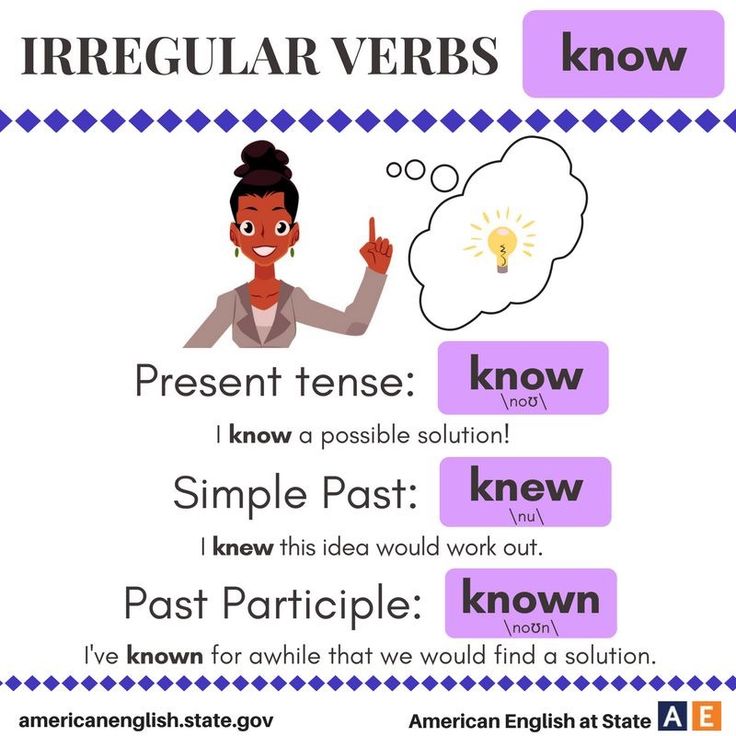 - I myself know what will happen.
- I myself know what will happen.
2) to be competent (in something), to be knowledgeable:
- - Ask more competent people.
- Belep aitasenme? - Are you sure (you speak with knowledge)?
3) be able (to do something), understand something:
- - Do what you can.
- Belgәn belgәnen eshlәr, belmәgan barmagyn teshlәr. - The one who knows how does what he can, the dunno only bites his finger (proverb).
4) to recognize, to know:
- Belep kil! - Go find out ( what's up )!
- Uzen Beldenme Mona? – Did you learn this yourself? (recognized it?)
5) in combination with the verb form "dip" - count, think, believe:
- Ul monda ashli dip bele go.
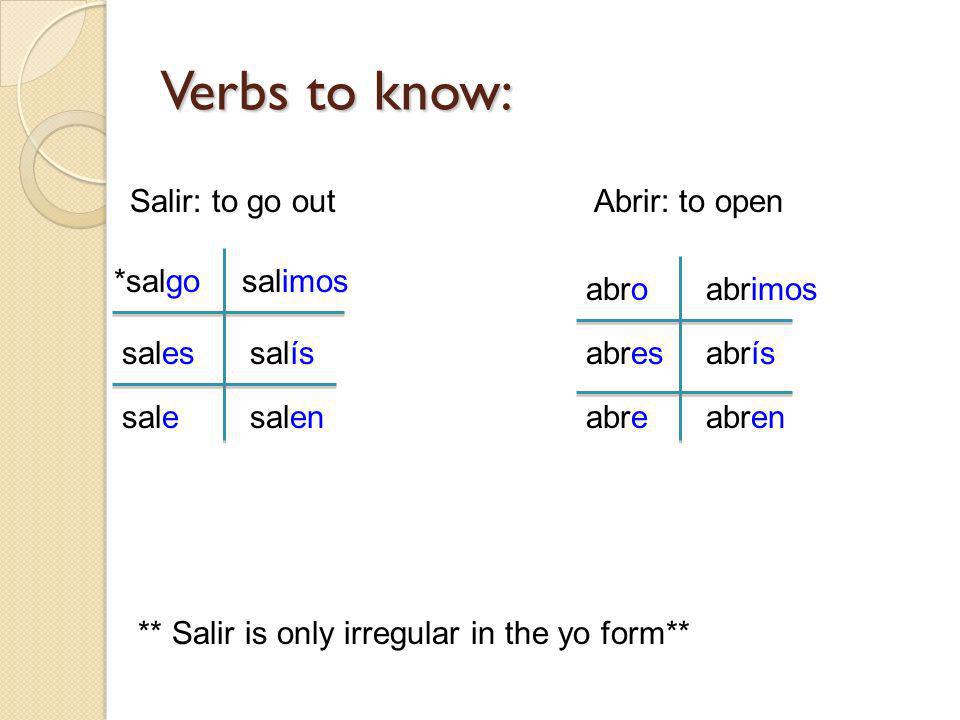 - I thought he (she) works here.
- I thought he (she) works here. - Akny ak dip, khakny khak dip belu. – Consider white as white and truth as truth (proverb).
BU THEME:
How to learn Tatar words? 5 working councils
6) in the form "...-not belu" - to know (to oneself), to know one's business, place: - Know your business! (meaning: don't interfere).
7) with verbs starting with -а/-й – to be able, to be able (as an auxiliary verb):
- Monda ashley belerga kirak. - Here you need to be able to work.
- Asharga pesheri belasenme? – Can you cook?
8) with verbs in -yrga/-ergә in emotionally expressive speech – to be able, to be able to do well: - Well, you are a master of sneaking!
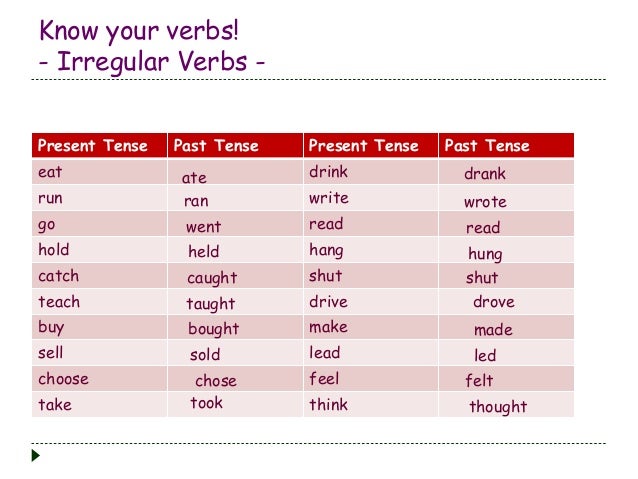
9) in the meaning of the modal word:
- Belasezme, mina bu hal oshamy. – You know what, I don't like this kind of thing.
- Belamsen, kitkander st. - You know (apparently), he left.
10) negative revolutions - to know:
- belmi da - and does not know;
- Belase da kilmi – And he doesn’t want to know.
BU THEME:
20 ways to use the verb "toru" (to stand, to be, to live)
Now for a bonus! 5 set expressions with the word "belu":
11) Belegez (belegez any) - know, do not forget, keep in mind:
- Belegez: min kilmim! - Keep in mind: I'm not coming!
12) Belүemcha (minem belүemcha) - as I believe, in my opinion:
- Belүemcha, bu shulai tәrҗemә itelmi.
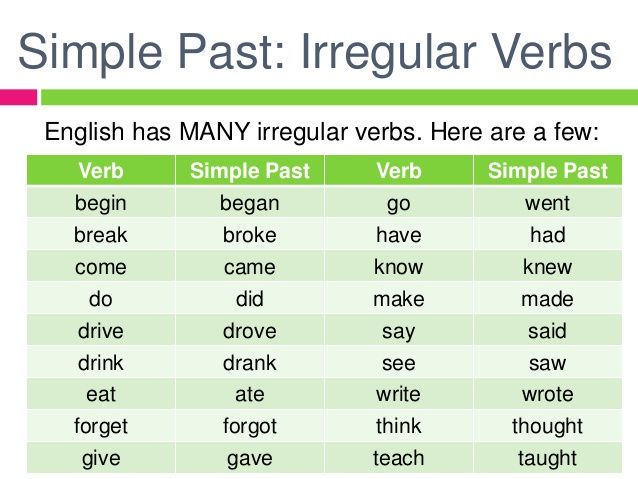 - I believe this is not translated correctly.
- I believe this is not translated correctly.
13) Belsәң ide (belsәez ide) - if you knew (if you knew): - Eh, if you only knew how angry I got!
What other meanings of the word "belu" do you know? If we missed something, be sure to write to us on social networks!
BU THEME:
20 ways to use the verb "karau" (look, look)
Did you like the material? Visit our website , every day you will find something new and interesting there! Also subscribe to our social networks: we are in Vkontakte , Telegram-e , Facebook-e and Instagram-e .
The project " Aidә! Online . Learning Tatar " offers high-quality and modern courses and materials for learning the Tatar language. Online conversational Tatar courses, adapted literary texts, news with interlinear translation, video and audio materials, tests and much more!
If you have any suggestions, you can always leave them in our group on Vkontakte or at: eydetat@gmail. com
com
More coming soon! Stay with our project, sau bulygyz!
BU THEME:
15 Tatar verbs you can't live without
Lesson #4 - Czech modal verbs. Mobile application for Czech language | SpeakASAP®
Listen to the audio lesson with additional explanations
Like any other language, Czech also has modal verbs . The modal verb is followed by the infinitive.
These are verbs: to want , to be able , to be due .
| chit want | moci may | musset be due | |
|---|---|---|---|
| Ja | chci | můžu | music |
| Ty | chceš | můžeš | music |
| On, ona, ono | chce | muse | music |
| My | chceme | můžeme | music |
| Vy, vy | chcete | musete | music |
| Oni | chtěji | můžou / mohou | music |
Můžete mi pomoct? - Can you help me?
Kde chceš pracovat? - Where do you want to work?
Musíš mít u sebe pas a pojištěni.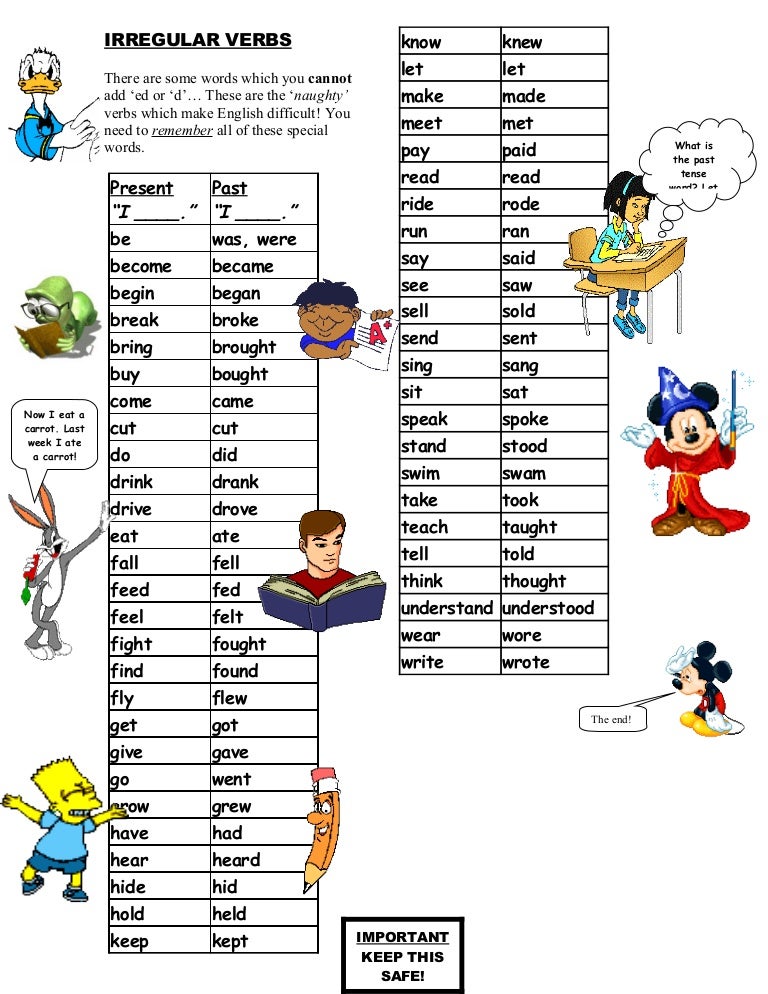 You must have your passport and insurance with you.
You must have your passport and insurance with you.
Musíme tam být včas. We must be there on time.
Co ještě tady chcete vidět? – What else do you want to see?
Můžeš mne / mě zítra vyzvednout? - Can you pick me up tomorrow?
In order not to make it into a separate lesson, we will add to this lesson a few more verbs, on the basis of which stable expressions are built and which are often used in life:
know
know
The difference between the verbs znát and vědět:
znát – to possess knowledge, to know a person, to possess (skill), to know
Znám tvého kolegu.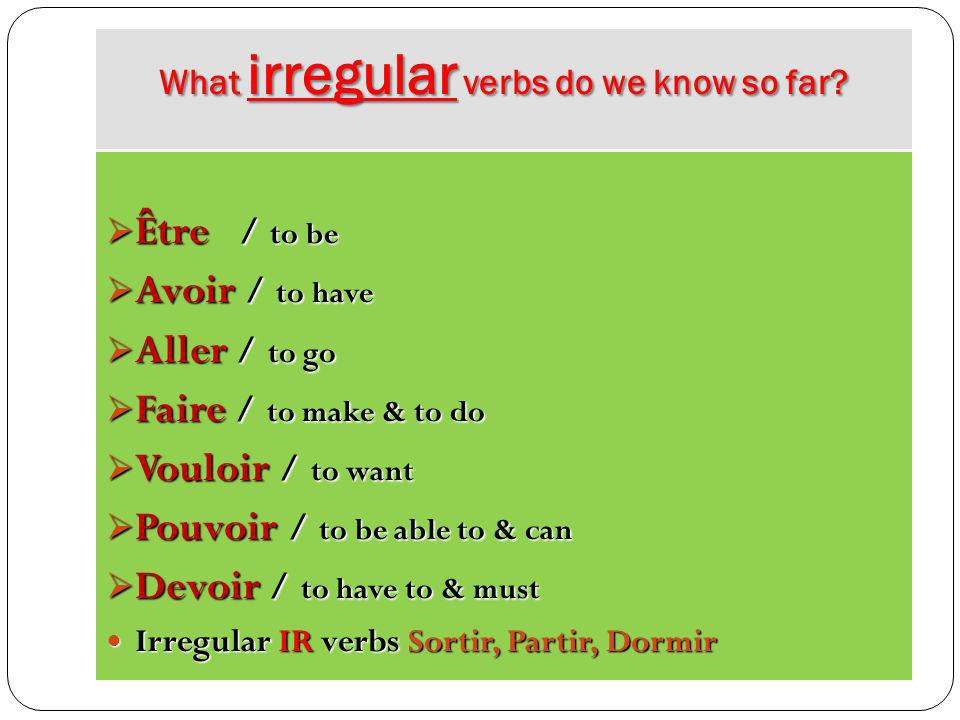 - I know your colleague.
- I know your colleague.
Ja ten film sign. – I know this film.
Tu pohádku znáš. - You know this story.
V tomto městě nikoho neznám. I don't know anyone in this city.
Já ho znám ještě ze školy. “I have known him since high school.
Oni se know sto let. They have known each other for 100 years.
vědět – to have information, to know
Neříkej mu, že to vím. “Don't tell him I know it.
Nevim, kdy se koná schůzka. I don't know when the meeting is.
Viš, jak se tam jede? – Do you know how to get there?
Vy to nevite? Každý cizinec v Česku musí mít pojištění. - You don't know? Every foreigner in the Czech Republic must have insurance.
Víte, že musíte mít pracovní povolení? Do you know that you must have a work permit?
Už víte, kde budete bydlet? Do you already know where you will live?
Ona nevi, co chce. She doesn't know what she wants.
The Czech language has the same roots as Russian.


